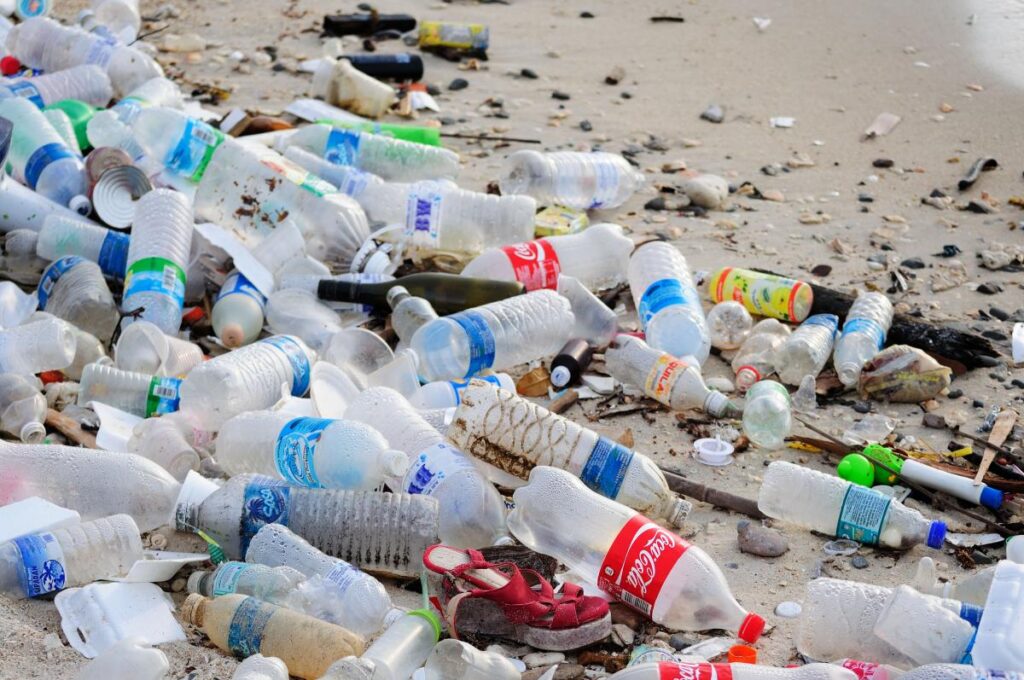Pollution

Reducing Plastic Pollution: The Latest Initiatives and Solutions
Plastic pollution is a major environmental issue that affects not only our oceans, but also our land, air, and wildlife. Every year, millions of tons of plastic waste are dumped into the environment, causing harm to wildlife, habitats, and human health. In response, governments, organizations, and individuals are taking action to reduce plastic pollution and promote sustainable solutions.
Here are some of the latest initiatives and solutions aimed at reducing plastic pollution:
Governmental policies and regulations Governments across the world are taking action to reduce plastic pollution by implementing policies and regulations aimed at reducing plastic waste. For example, the European Union has proposed a ban on single-use plastics such as straws, cutlery, and stirrers by 2021. In the United States, cities such as Seattle and San Francisco have banned plastic bags, and California has banned plastic microbeads in personal care products.
Recycling and waste management Recycling and waste management play a crucial role in reducing plastic pollution. By properly disposing of plastic waste and recycling it, we can reduce the amount of plastic waste that ends up in the environment. Governments and organizations are also working to improve recycling infrastructure, increase recycling rates, and develop new technologies for plastic recycling.
Alternatives to single-use plastics The use of single-use plastics, such as plastic water bottles, is a major contributor to plastic pollution. To reduce the amount of single-use plastic waste, governments, organizations, and businesses are promoting alternatives such as reusable water bottles, cloth bags, and biodegradable products.
Cleanup efforts In addition to reducing plastic waste, organizations and individuals are taking action to clean up existing plastic pollution. For example, beach cleanups are organized around the world to remove plastic debris from shorelines. These efforts not only help to clean up the environment, but also raise awareness about the impacts of plastic pollution.
What We Can All Do to Minimize Our Own Plastic Use
While government policies, recycling and waste management, and alternatives to single-use plastics are important solutions to reducing plastic pollution, it is also important for each of us to take responsibility for our own plastic use. Here are some steps we can all take to minimize our own plastic use:
Reduce single-use plastic consumption We can reduce our plastic consumption by choosing alternatives to single-use plastics, such as reusable water bottles, cloth bags, and biodegradable products. We can also avoid products that contain microbeads, such as facial scrubs and toothpaste.
Properly dispose of plastic waste Properly disposing of plastic waste is critical to reducing plastic pollution. We can recycle plastic waste, compost biodegradable plastics, and properly dispose of non-recyclable plastics.
Support organizations and initiatives aimed at reducing plastic pollution We can support organizations and initiatives that are working to reduce plastic pollution by making donations, volunteering, and spreading awareness about the issue. We can also advocate for policies and regulations aimed at reducing plastic waste and promoting sustainable solutions.
Educate others We can educate others about the impacts of plastic pollution and encourage them to take action to reduce their own plastic use. We can also participate in events and initiatives that raise awareness about plastic pollution, such as beach cleanups and educational events.
In conclusion, plastic pollution is a major environmental issue that requires action from governments, organizations, and individuals. By reducing our own plastic use, supporting initiatives aimed at reducing plastic pollution, and advocating for sustainable solutions, we can make a positive impact on the environment and protect our planet for future generation.
Written By Garret Nathan,
Founder of The Better Days Foundation
